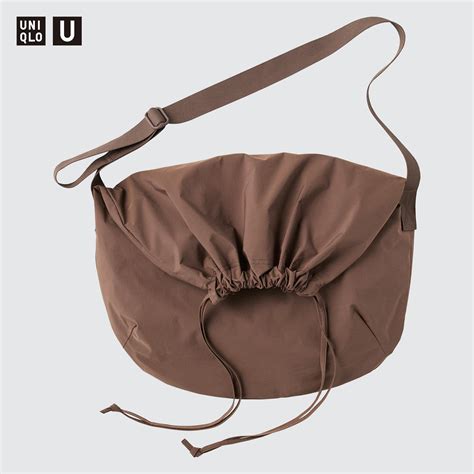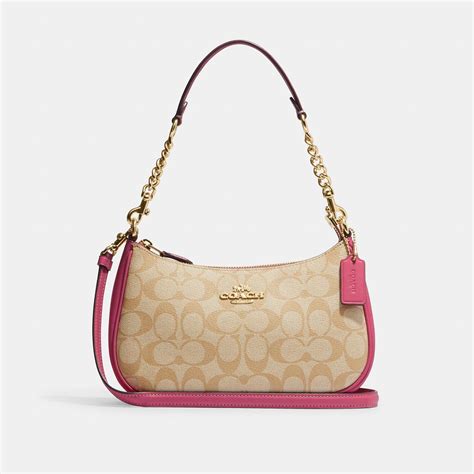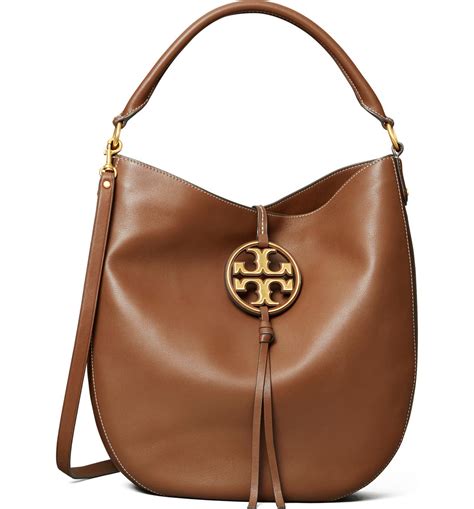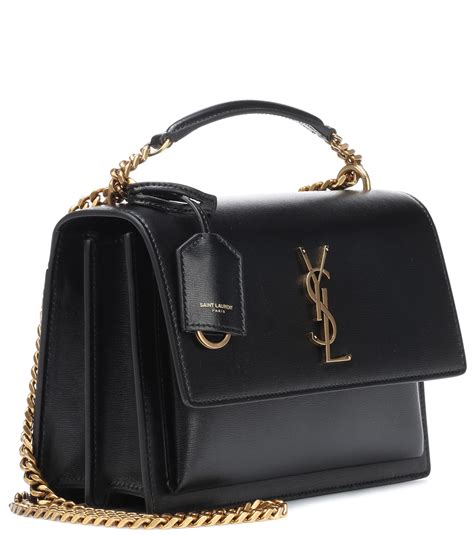are fake rolexes legal | how to spot real rolex
$112.00
In stock
The allure of a Rolex is undeniable. It's a symbol of success, a statement of refined taste, and a testament to horological excellence. However, the high price tag of a genuine Rolex makes it a tempting target for counterfeiters, leading to a thriving market of fake watches. But while the allure of owning a "Rolex" for a fraction of the price might be strong, the question remains: Are fake Rolexes legal?
The short answer is a resounding no. Buying, selling, and even possessing a fake Rolex is illegal in most countries. The legal issues surrounding fake Rolexes are rooted in intellectual property laws, specifically trademark and copyright laws, which protect the brand's name, logo, and design elements. Counterfeiting luxury goods, including watches, is a criminal offense with serious consequences.
This article will delve deeper into the legal ramifications of fake Rolexes, exploring the trademark and copyright laws that protect the brand, the potential penalties for buying or selling counterfeit watches, and the ethical considerations surrounding the counterfeit market. We'll also provide practical advice on how to determine if a Rolex is genuine and offer resources to help you verify the authenticity of your timepiece.are fake rolexes legal
The Legal Landscape: Trademark and Copyright Infringement
Rolex's legal protection against counterfeiting rests primarily on two pillars: trademark law and copyright law.
* Trademark Law: A trademark is a symbol, design, or phrase legally registered to represent a company or product. Rolex has registered its name, logo (the iconic crown), and various design features of its watches as trademarks. This gives Rolex the exclusive right to use these marks in connection with its watches. Manufacturing, distributing, or selling fake Rolexes that bear these trademarks constitutes trademark infringement. This means that counterfeiters are illegally using Rolex's brand identity to deceive consumers and profit from the brand's reputation.
* Copyright Law: Copyright law protects original works of authorship, including artistic designs. While the overall design of a Rolex watch may not be directly copyrightable in its entirety, specific elements, such as the unique font used for the numerals on the dial or the intricate design of the bracelet, may be protected by copyright. If a fake Rolex copies these copyrighted elements, it can also be considered copyright infringement.
The consequences of trademark and copyright infringement can be severe, ranging from civil lawsuits to criminal charges. Rolex actively pursues counterfeiters through legal channels, seeking to shut down manufacturing operations, seize fake watches, and recover damages for lost profits and reputational harm.
The Illegality of Buying and Selling Fake Rolexes
While manufacturing and selling counterfeit goods are clearly illegal, the legal implications for buying a fake Rolex are more nuanced but still generally prohibited.
* Buying with Knowledge: If you knowingly purchase a fake Rolex, intending to deceive others or pass it off as genuine, you are likely committing a crime. This could be considered a form of fraud or aiding and abetting trademark infringement. Even if you are buying it for personal use, knowing it's fake doesn't absolve you of legal risk. The law often prohibits the knowing possession of counterfeit goods.
* Buying Unknowingly: If you purchase a fake Rolex believing it to be genuine, you may not be subject to criminal charges, but you are still likely to lose your money. You have no legal recourse against the seller if they knowingly sold you a counterfeit item. Furthermore, if you attempt to sell the fake Rolex later, even if you are unaware of its falsity, you could face legal consequences for selling counterfeit goods.
* Selling Fake Rolexes: The act of selling fake Rolexes is unequivocally illegal. It constitutes trademark infringement, fraud, and potentially other criminal offenses. Sellers of counterfeit goods face the highest risk of legal penalties, including significant fines, imprisonment, and the seizure of assets.
Penalties for Counterfeiting
The penalties for counterfeiting can vary depending on the jurisdiction, the scale of the operation, and the specific laws violated. However, some common penalties include:
* Fines: Counterfeiters can be fined heavily, often hundreds of thousands or even millions of dollars, depending on the scale of their operation and the value of the counterfeit goods.
* Imprisonment: In many jurisdictions, counterfeiting is a criminal offense that can result in imprisonment, particularly for those involved in large-scale operations.
* Seizure of Assets: Law enforcement agencies can seize assets related to the counterfeiting operation, including manufacturing equipment, counterfeit goods, and proceeds from the sale of fake watches.
* Civil Lawsuits: Rolex can file civil lawsuits against counterfeiters to recover damages for lost profits, reputational harm, and the costs of investigating and prosecuting the counterfeiting operation.
* Reputational Damage: Being caught buying or selling counterfeit goods can severely damage your reputation, both personally and professionally.
Ethical Considerations
Beyond the legal ramifications, there are also ethical considerations surrounding the purchase and sale of fake Rolexes.
* Supporting Criminal Activity: The counterfeit market is often linked to organized crime, including drug trafficking, money laundering, and even terrorism. By purchasing fake goods, you are indirectly supporting these criminal activities.
* Exploitation of Labor: Counterfeit goods are often produced in sweatshops with poor working conditions and low wages. By purchasing fake Rolexes, you are contributing to the exploitation of vulnerable workers.
Additional information
| Dimensions | 9.2 × 3.5 × 2.7 in |
|---|








